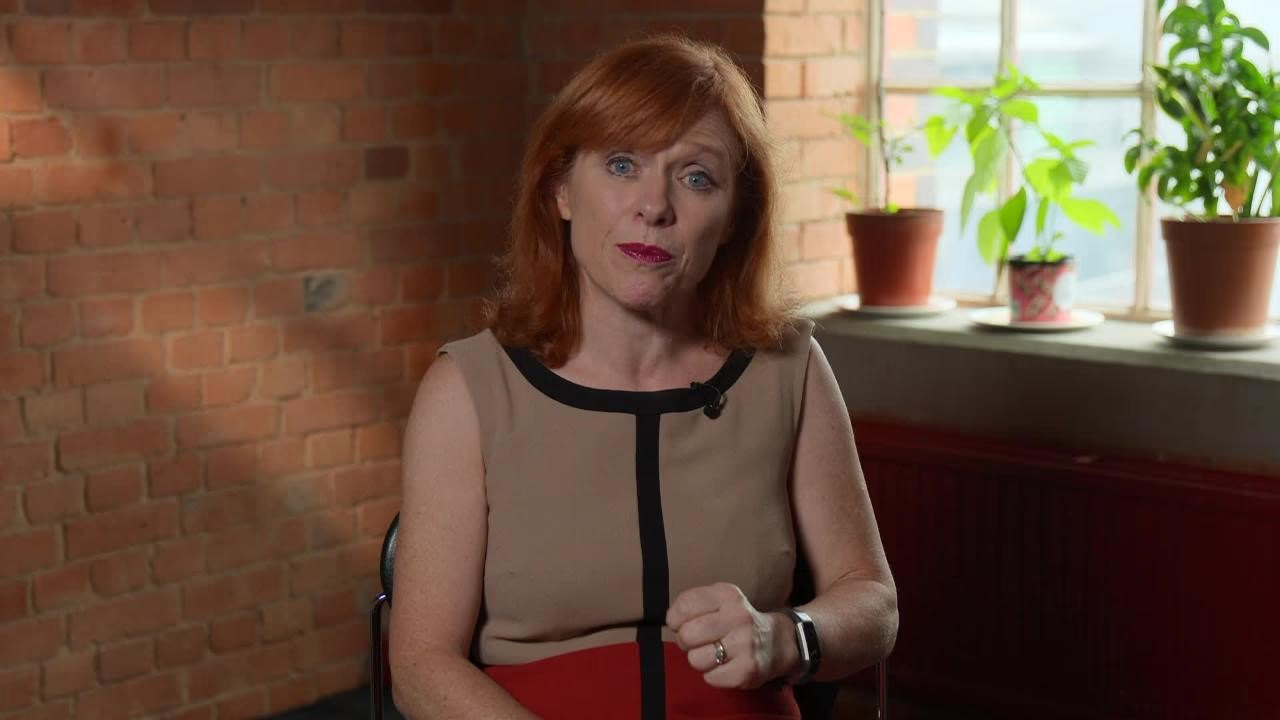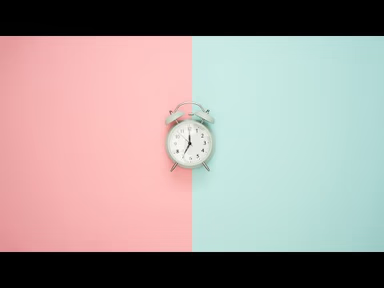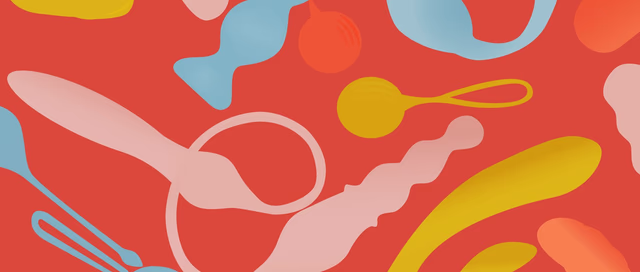
Video: When are you most likely to get pregnant?
Peer reviewed by Dr Krishna Vakharia, MRCGPLast updated by Dr Sarah Jarvis MBE, FRCGPLast updated 4 Aug 2023
Some couples plan for pregnancy years in advance, while for others it's more of a spur of the moment decision. Dr Sarah Jarvis, GP, answers some of the most common questions about becoming pregnant.
In this article:
Playlist: Planning Pregnancy
6 videos
When are you most likely to get pregnant?
Dr Sarah Jarvis MBE, FRCGP
When are you most likely to get pregnant?
Dr. Sarah Jarvis MBE, FRCGP

How many days do you have to get pregnant?
Dr. Sarah Jarvis MBE, FRCGP

How soon should you take a pregnancy test?
Dr. Sarah Jarvis MBE, FRCGP

How can I get pregnant with a baby girl?
Dr. Sarah Jarvis MBE, FRCGP

How should you tell your partner you are pregnant?
Dr. Sarah Jarvis MBE, FRCGP

How do you tell your boss you're pregnant?
Dr. Sarah Jarvis MBE, FRCGP
Continue reading below
When are you most likely to get pregnant?
It's not as easy as you might think to find out exactly when you are most likely to get pregnant because you don't always ovulate 14 days after your last period. You ovulate 14 days before the first day of your next period. If your cycle is a regular 28 days, that means two weeks from the first day of your cycle is when you will be most fertile. But, if your cycle is five weeks then it will be three weeks from the first day.
Your partner's sperm can survive for three to possibly five days and your egg can survive for about one day. That means your most fertile period is from three to five days before you ovulate until about one day afterwards. If your cycle is really regular, just count back 14 days from the first day of your period and you know when is your most fertile day.
Patient picks for Healthcare
How many days do you have to get pregnant?
Your fertile window really depends on how regular your periods are. So, if your periods are completely regular - made up of 28 days, for example, then your fertile period will be four to six days, from three to five days before you ovulate until one day afterwards. However, if your periods are irregular, then of course you could be ovulating any time from around two to three weeks after your last period. If your cycle is four to five weeks, you will always ovulate 14 days before your next period.
That does mean that you are less likely to get pregnant on any one day but it does also mean that you have a longer period in which you need to be having sex regularly, ideally every three days, if you want to get pregnant.
Continue reading below
How soon should you take a pregnancy test?
There are some differences between pregnancy tests so it's worth checking with your pharmacist first. But, as a rule of thumb, pretty much all pregnancy tests rely on typical beta-HCG. This is a hormone that's produced by your placenta and is passed out in your urine.
The levels have usually increased enough to be detected by around 10 days after the egg has been fertilised. That's usually about four days before your period is due. They are not 100% reliable, so if you take a pregnancy test at that stage and it's not positive, don't assume that you are not pregnant, and try again few days later.
How can I get pregnant with a baby girl?
I can give you a guaranteed way to have a 50% chance of having a baby girl and that is to have unprotected sex regularly - but I am afraid that's about as far as it goes. Simply put, whether you have a baby girl or a baby boy doesn't depend on you at all. It depends on your partner because you have two X chromosomes.
Every time you produce an egg, you give X chromosomes. Your partner has one X and one Y, so half his sperm will have X. X and X means a girl. Half his sperm will have Y. Your X and his Y means a boy. There are so many myths about how you can increase the chance of that X chromosome getting the upper hand but unfortunately it really is all down to luck.
Continue reading below
How should you tell your partner you are pregnant?
If you have both been trying for pregnancy for several months, and it does take the average couple about six months, then of course you may be really keen to tell your partner as soon as possible. It is important to know that you are pregnant. If you do a pregnancy test and it's negative, that may be a false negative and you could still be pregnant. If you do it and its positive then yes, you are pregnant.
You may not want to tell the whole world that you are pregnant until after your 12-13 weeks scan, because until that time there is a greater chance of miscarriage, and after thist risk drops dramatically. However, you are highly likely to want to tell your partner before then. Do take it gently - even if they have been really keen about the idea, they may suddenly go very quiet. This is an awful lot to get used to, it's going to be a big change in both your lives. So, take it gently. Find some time to relax and talk about how you feel. It should be just great.
How do you tell your boss you're pregnant?
Your boss may be incredibly supportive and absolutely thrilled for you. But, before you start telling your boss or your wider family, you want to make sure you are in the best position not to have to get some bad news later. And it usually means waiting until the end of the first trimester when you are around 13 weeks or 3 months pregnant. That's about the time you have your scan.
At the end of three months and after you have had your scan, if all is well then there is a much better chance that you are not going to have a miscarriage and that the pregnancy will be successful. Now, you might also want to know what your maternity allowances are and what your contract says before you inform your boss, but don't forget, if your boss doesn't seem absolutely thrilled when you let him or her know, that may simply be that you are such a valuable member of the team, they need a little bit of time to get their head around how they are going to manage without you.
Article History
The information on this page is written and peer reviewed by qualified clinicians.
4 Aug 2023 | Latest version

Feeling unwell?
Assess your symptoms online for free

